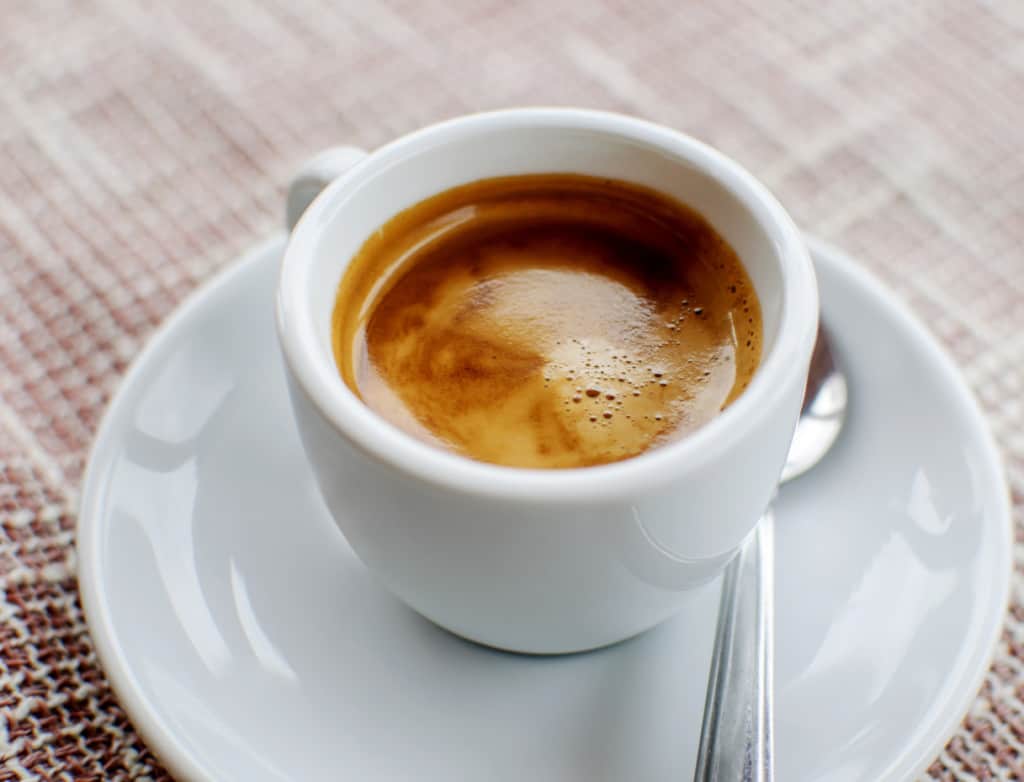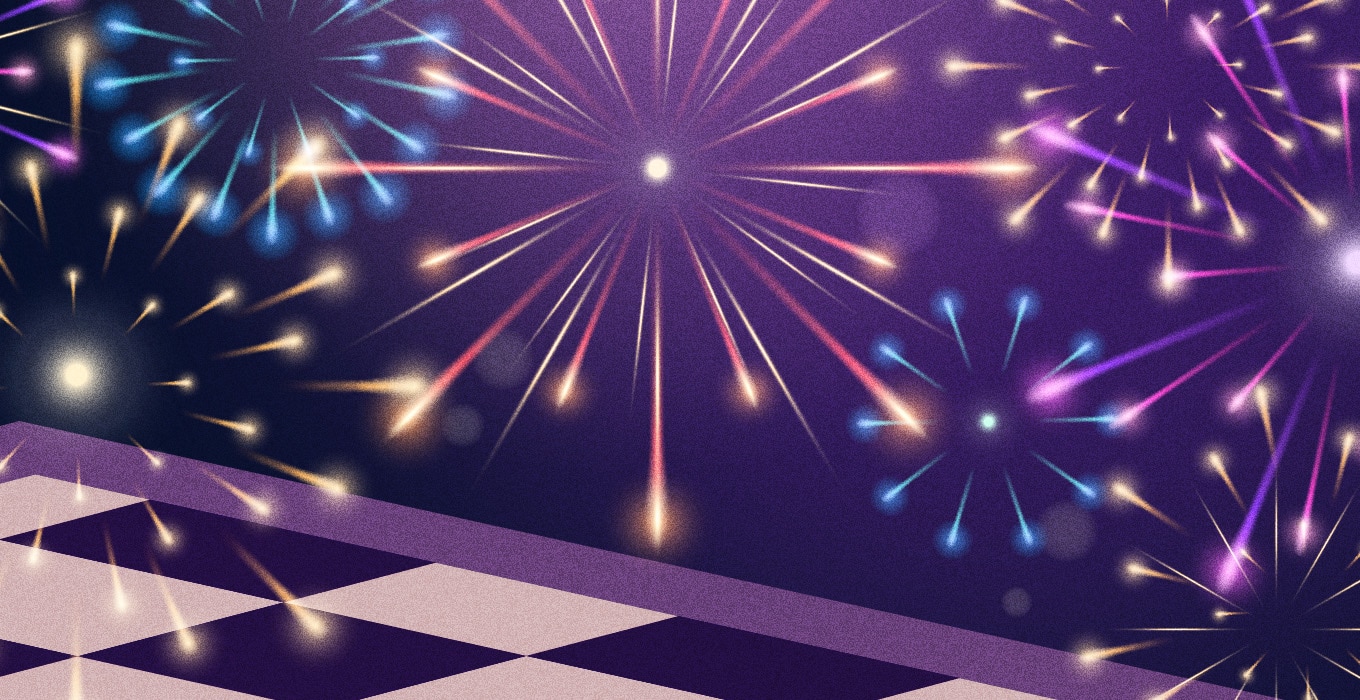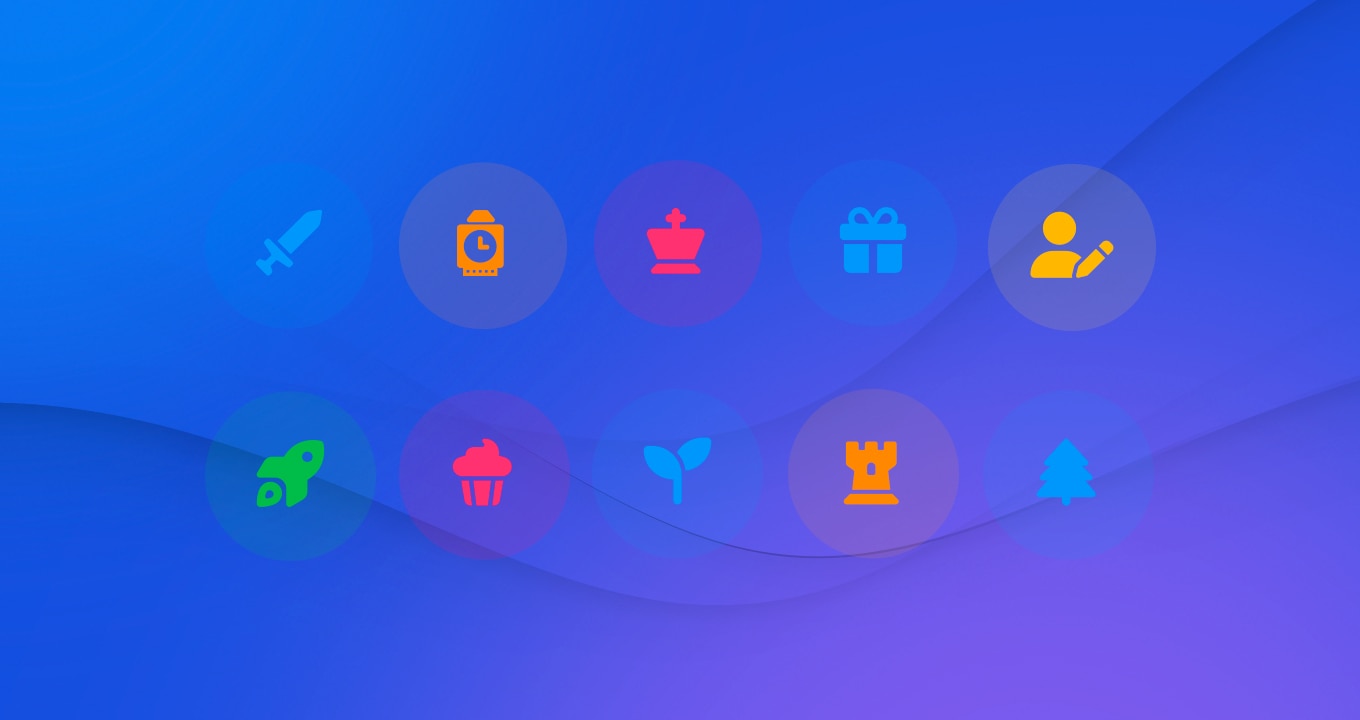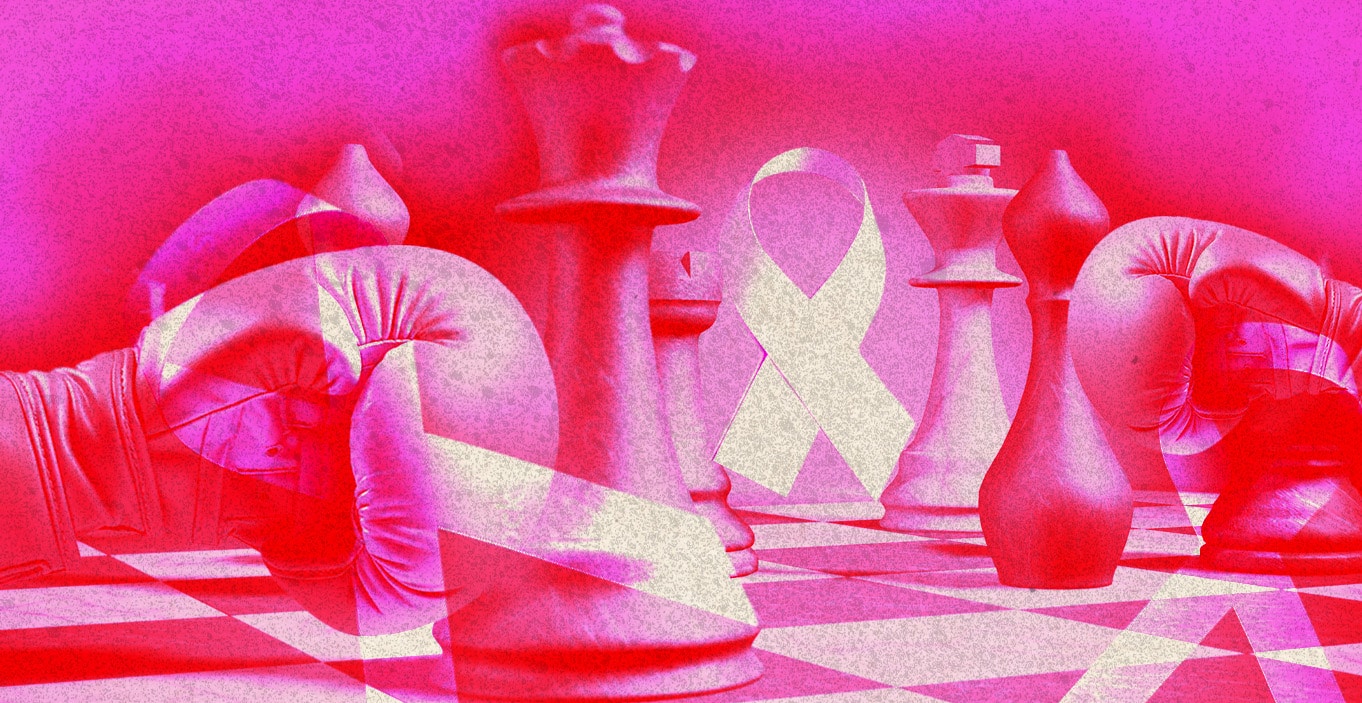I bet many of you enjoy a good cup of coffee or energy drink while playing chess. A drink that wakes you up and makes you more alert – what could be a more natural ally to a chess player?
I’ve long thought so. But I’m beginning to change my mind. Let me tell you why.
A Decaffeinated Daze
Every Saturday morning a friend and I get together at a local cafe and play chess. The ritual rarely changes – we order coffee, play a few blitz games to warm up while the caffeine sets in, and then the ‘real chess’ starts with a 60-minute game.
Everything in the ‘B.C. era’ (before caffeine, that is) doesn’t count, we joke. I don’t even want to tell you how many pieces I’ve blundered B.C.
Last week was different though. Unable to meet at the usual time, we scheduled for Friday after work, around 5:30 p.m.
Now personally, if I have any coffee after 3 p.m., I’m up all night. I’ve never been good at falling asleep, and caffeine only exacerbates the problem. I wake up the next morning exhausted, which leads me to drink more caffeine, and the vicious cycle continues. More on that later.
But back to Friday. My friend ordered his usual coffee, while I daringly decided to play without any.
I got steamrolled.
Smoked. Whooped. Trounced. Creamed. I missed simple threats. I saw threats that weren’t even there. And I won’t go into detail on my final blunder. I don’t think a queen has been treated that harshly since the French Revolution.
Was the lack of caffeine to blame, or was it just a bad game?
Like many chess players, I absolutely hate losing, and a loss like that can really stick in my craw.
I could say all sorts of things like “it’s just a casual game” or “you can’t win ‘em all”, or you name it. And those are true – you can’t beat yourself up too much, because that’s unhealthy. But I firmly believe in continuous improvement. And I also believe that you will never be an excellent chess player without that mindset.
I am quite sure it was not a matter of chess knowledge in the Friday game. Though I am deficient in many areas, in that particular case, I knew my stuff. I had played such positions before, and I had even managed to secure an advantage in the opening. But something in my brain did not click and see what should have been obvious to me.
I constantly think about my caffeine habit, and this last game really made me think about it again. I’ve been trying to drink less coffee these days, and simultaneously, I’ve been losing a lot of games online these days. This seems to be more than a coincidence. Am I so dependent on caffeine that I can’t play my best without it?
Better Days, Without a Daze
I thought back to a tournament where I played really well. It was a time where my caffeine habit was much more under control. It was the 2019 Upper Michigan Championship, which is not a large tournament by any means (though superbly organized and attended by great people, I must say). It was also my return to tournament chess, my first since about 2001. I had a good showing, making it undefeated into the final round and ultimately tying for second.
At that time, I was fond of a certain brand of green tea that I acquired a taste for while living in Japan, and I swore by it. I even made a long trek to the Japanese market to stock some up for my 6-hour trip to Michigan’s Upper Peninsula, where the tournament was held. In fact, you can see me here in that tournament, tea at my side!
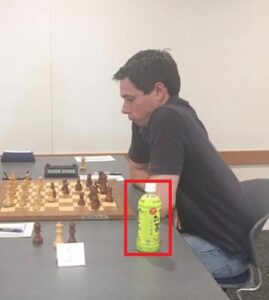
But funnily, this tea contains considerably less caffeine than coffee. Almost half as much, actually. And that was two years ago, when I had less experience and knowledge than I do now. What gives? Why did I play so much better with tea than in coffee?
Okay, maybe I was taking the game more seriously since it was a tournament. Fair point. But it’s also a much more stressful environment, with long days and stronger players. And again, I was less experienced than I am now.
But I remember a few other conditions.
In case you’re not familiar with American geography: the Upper Peninsula is not the middle of nowhere, but you can see it from there. With hardly any disturbances, low light pollution, and a nice king size bed, I slept like a baby. I’m from Detroit – we don’t have these countryside luxuries in the Motor City.
The U.P. is also lush with natural beauty. From the tournament venue, you could see the awesome expanse of Lake Superior, which particularly shined in the wonderful weather that weekend. It is quite peaceful, and you can really feel at ease just stopping to absorb it all.
I also ate well. My hotel didn’t have many options, but at that time I was strict about my diet, and I was careful to eat a lot of whole grains and fruit for breakfast daily. The tournament director was even gracious enough to provide food for the participants, at the cost of only a voluntary donation – I was spoiled that weekend indeed. Most American tournaments do not give you that luxury – if you even have time to eat.
My Conclusion on Caffeine
“Okay Andrew, that’s great for you,” you might be thinking. “So what?”
I realized that I have become too reliant on caffeine. And judging from the habits of many other people I know, I think I’m not the only one (it is the most widely consumed drug on the planet, after all). How many times have you heard the phrase “I’m useless without my coffee” or some variant thereof?
But you’re not useless with your coffee. Okay, maybe you are, I don’t know you. People can be useless regardless of their caffeine intake, though.
Does caffeine help? It absolutely can, and there is evidence to back that up, even specifically in the case of chess. I still drink caffeine, and probably will continue to do so.
Maybe you’re not sleeping enough, or maybe you’re stressed. Maybe you’re dehydrated (studies show cognitive impairment due to dehydration can occur long before you’re thirsty).
But there are many other factors. Sleep, stress, diet – and I would be remiss not to mention regular study and practice of the game itself! Caffeine can actually impact those factors. Sleep is the obvious one, but as a diuretic, it can also dehydrate, cause stress on the digestive system, and other side effects.
Sadly, nutrition and health are not discussed in chess like they are in more physical sports, such as running and boxing. It’s a shame too, because chess is an extremely demanding sport on the human body.
I hope to follow up with the results of my own caffeine experiments later in a future post. But in the meantime, I hope you consider your own. The outcomes of health, just like chess, depend on many factors – and the best players take all of them into account.

